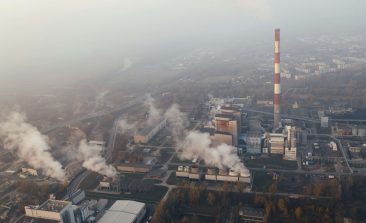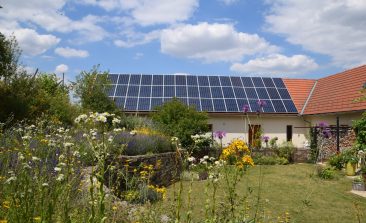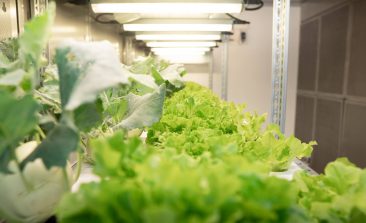Content to: climate protection
Reducing CO2 Emissions by Capturing Carbon With Light
Net zero will only be achieved if we capture the excess carbon in the atmosphere. Thanks to new research, capturing carbon with light is now a viable, cost-effective method of carbon capture.
Portable Sensor AirBeam Measures Air Quality—and Shares Its Open-Source Data
Are we really breathing clean air when we sit in our garden or local park? The portable measuring device AirBeam can answer this question—and thanks to its open-source data—also protects other people from the impact of air pollution.
Digitalisation Can Advance Sustainable Agriculture – Under Certain Conditions
Digitalisation has long since arrived in agriculture. But how do these developments contribute to environmental and climate protection? We present solutions.
eFriends – Electricity Sharing with Neighbours
At eFriends, electricity is produced and shared regionally, sustainably and at fair prices - one community, one electricity provider, one solution.
Data Instead of Guesswork: The Great Potential of Agricultural Monitoring
Using digital methods, researchers from Egypt have succeeded in calculating the soil quality of huge areas with 32 random samples. The project shows how important monitoring is for agriculture.
Vegan Meat: A Climate-Friendly and Healthy Alternative?
Meat substitutes are booming - but what are vegan substitutes actually made from? And, are they actually nutritious?
Fresher and More Sustainable: 4 Tips on How to Shorten Your Shopping Supply Chains
Short supply chains are more sustainable and lead to fresher food! RESET presents 6 digital solutions for shorter supply chains.
Agriculture as a Cycle: Growing Produce With Nutrients From the SUSKULT Sewage Treatment Plant
With SUSKULT, plants don't need soil - they're fed by sewage treatment plants. This hydroponic system is breaking completely new ground.
“Agriculture Can Do So Much More Than Produce Food”: We Interview Sonoko Bellingrath-Kimura
Agriculture primarily produces food, but can also help to protect the climate. We spoke to Prof. Dr Sonoko Bellingrath-Kimura about how digitalisation can assist.








